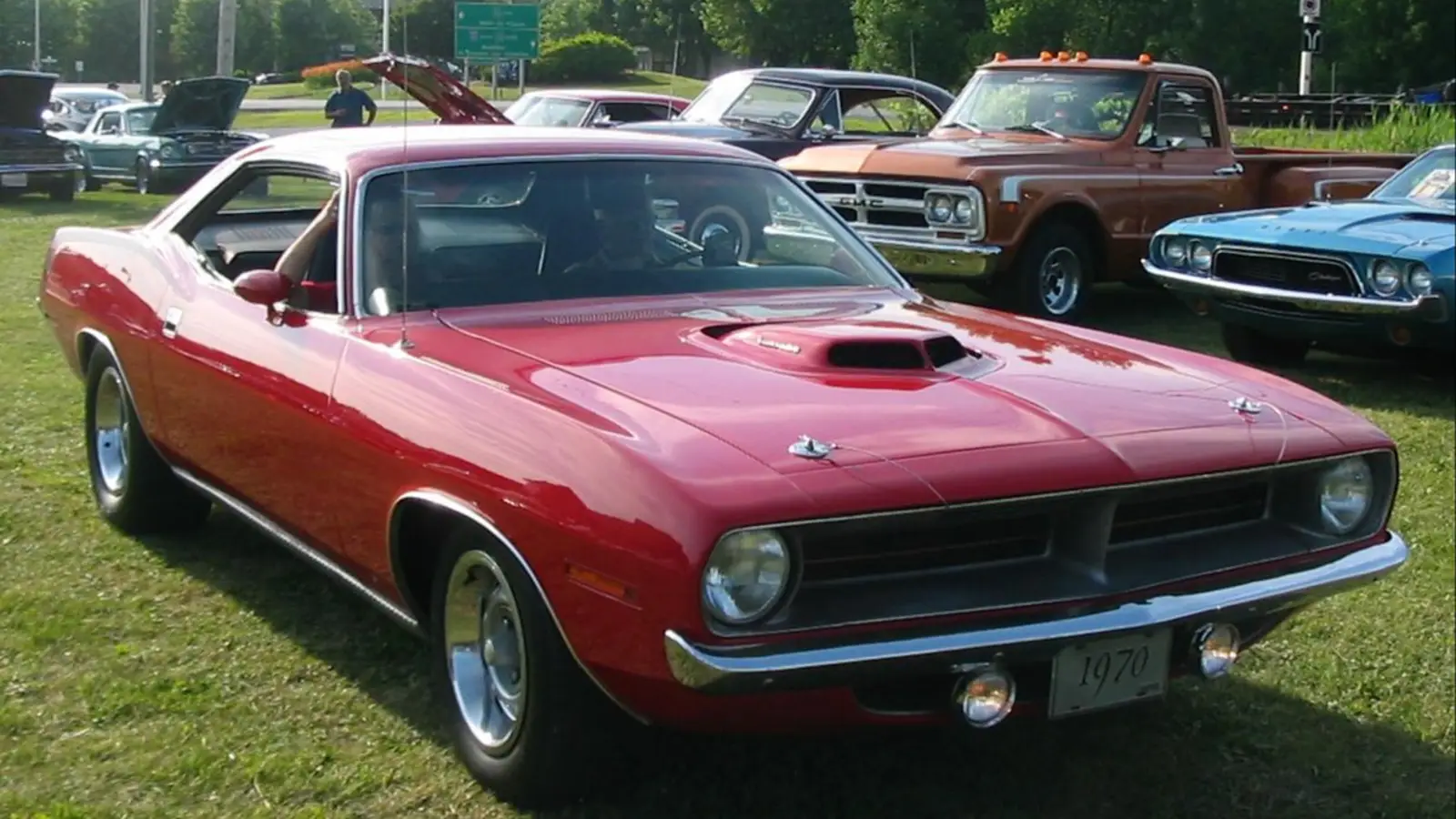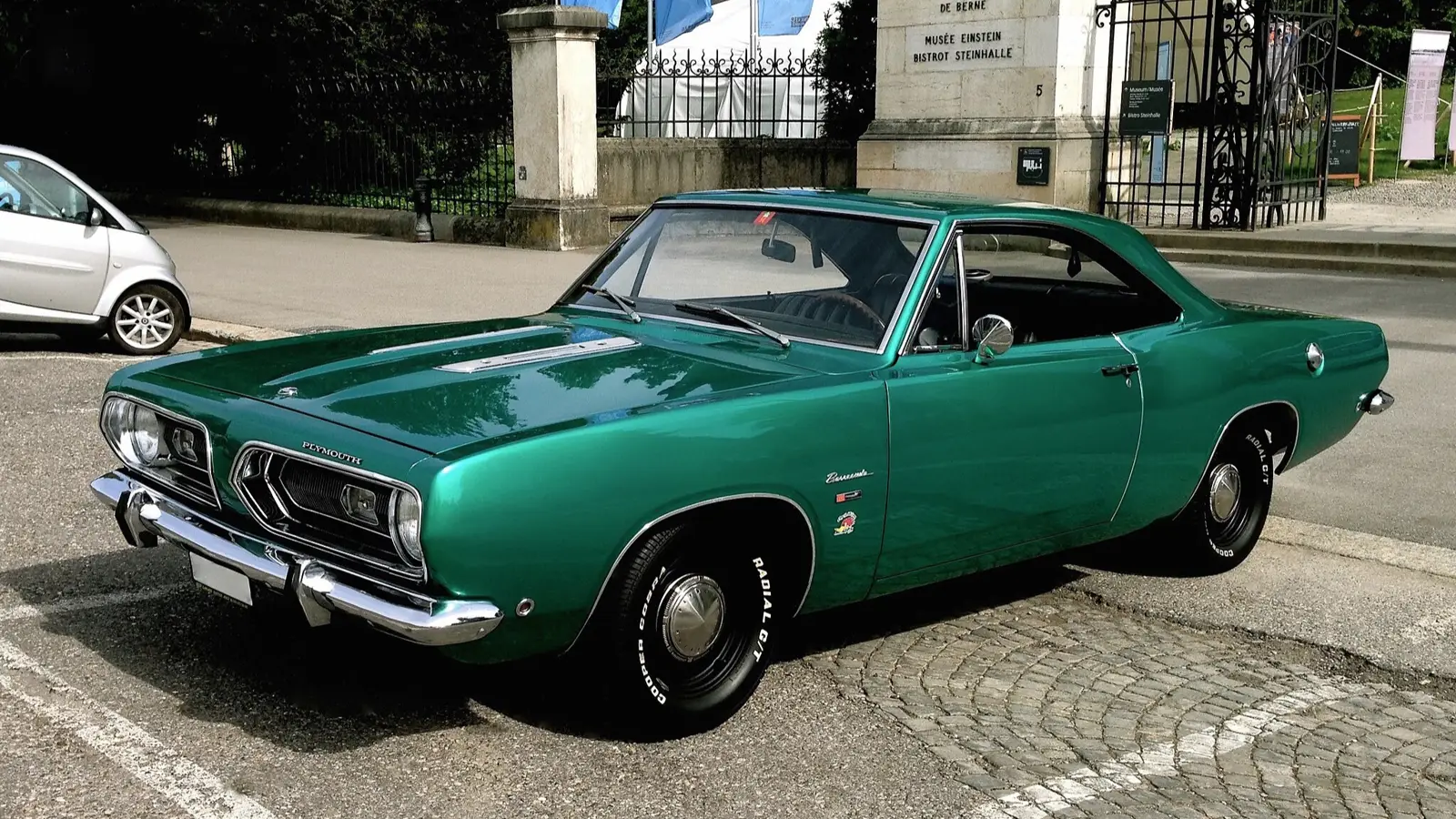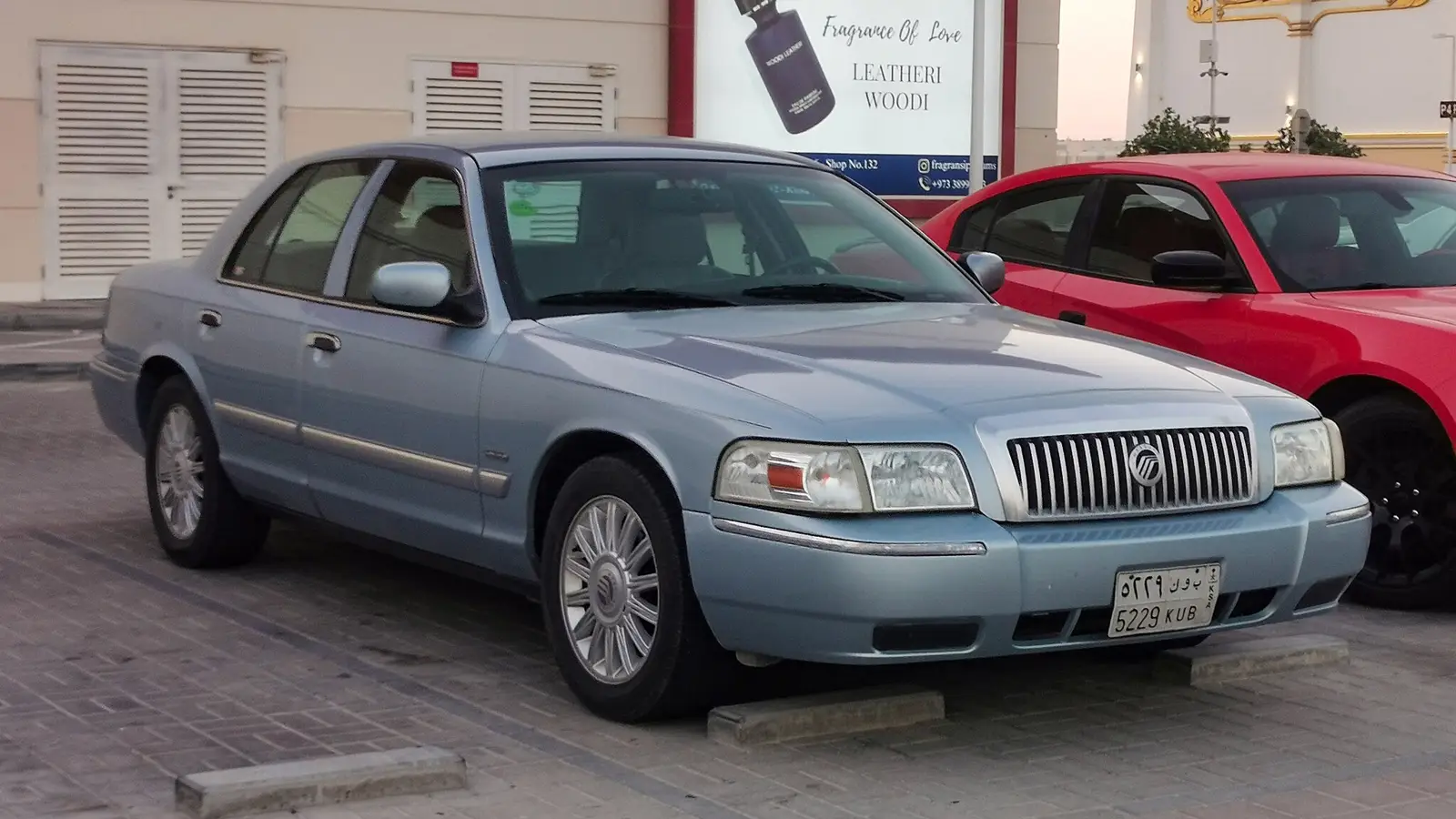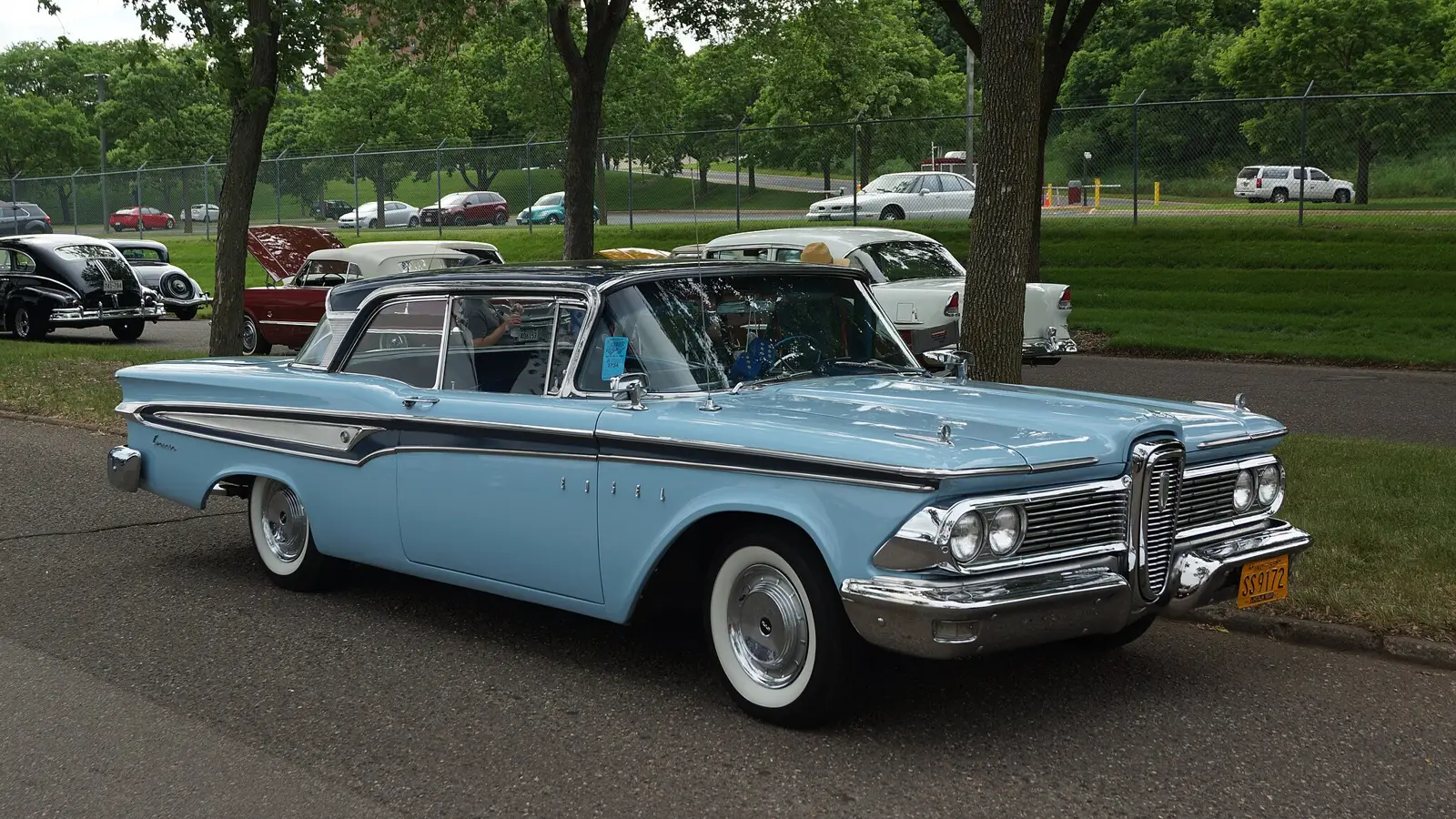Plymouth, Mercury, and Edsel: Lost American Car Legends

Discover the history of Plymouth, Mercury, and Edsel—three forgotten American car brands with iconic models, bold designs, and lasting influence.
Last time, we explored well-known legends of the past—Pontiac, Saab, DeLorean, Packard, and Oldsmobile—brands that once shaped automotive culture and still resonate with enthusiasts today. But what about the names that didn’t make quite as much noise on their way out, yet left behind just as compelling a legacy?
This time, we’re diving into three less-talked-about but equally intriguing American marques: Plymouth, Mercury, and Edsel. They may not headline classic car shows as often, but their stories offer a rich mix of innovation, missteps, and lasting impact.
Plymouth: From Everyman’s Car to Bold Experiments

Launched in 1928 as Chrysler’s answer to Ford and Chevrolet, Plymouth built its reputation on practicality and value. Models like the Valiant became staples of suburban driveways, offering reliable performance at a budget-friendly price. But it wasn’t all about frugality—Plymouth also knew how to turn heads.
The Barracuda, introduced in 1964, actually beat the Ford Mustang to market by two weeks, pioneering the pony car segment. By 1970, it had evolved into a muscular icon riding on the E-body platform, with high-powered options like the 426 HEMI V8 making it a serious street contender.
Then came the Road Runner in 1968—a back-to-basics muscle car that prioritized performance over polish. Its stripped-down styling and big-block engines made it both affordable and formidable, particularly among younger buyers chasing speed on a budget.
In a last burst of creative energy, Plymouth launched the Prowler in the late 1990s. With its exposed front wheels, aluminum frame, and retro-futuristic curves, it looked like nothing else on the road. Unfortunately, its performance didn’t quite match its looks, thanks to a V6 engine and automatic transmission that left thrill-seekers wanting more.
By 2001, Plymouth’s identity had blurred. Sales declined, and Chrysler chose to consolidate its focus around Dodge and its namesake brand. The last Plymouth model, the Neon, quietly transitioned to the Dodge lineup, marking the end of an era.
Mercury: Prestige for the Practical

Created by Ford in 1938, Mercury occupied a space between affordability and luxury. If Ford was the brand for everyone and Lincoln catered to elites, Mercury offered a middle ground—cars with extra flair and comfort without the premium price tag.
The Cougar epitomized this approach. Debuting in 1967, it shared DNA with the Mustang but delivered a more refined driving experience. With a longer wheelbase, hidden headlights, and plusher interiors, the Cougar was a gentleman’s muscle car—less about drag strips, more about smooth cruises.
The Marauder took a more aggressive stance. Originally launched in the 1960s with powerful V8s and distinctive fastback styling, it made a surprise return in 2003. The modern Marauder featured a 302-horsepower 4.6-liter V8, cloaked in understated black-on-black design. It didn’t sell in huge numbers, but it gained cult status among enthusiasts looking for a sleeper sedan.
Perhaps Mercury’s most enduring model was the Grand Marquis. A workhorse of government fleets, taxi companies, and retirees, the Grand Marquis embodied quiet durability. It remained in production until Mercury’s final days in 2011.
Ultimately, Mercury faded not with a bang, but a shrug. As Ford narrowed the gap between its own lineup and Mercury’s, the brand’s purpose grew unclear. Younger buyers weren’t interested, and Ford shifted its focus to SUVs and global platforms.
Edsel: Ambition Meets Recession

Few automotive names carry as much baggage as Edsel. Launched in 1958 by Ford, the brand was supposed to fill a perceived gap between Ford and Mercury models. Backed by one of the most aggressive marketing campaigns in U.S. history, Edsel promised futuristic design and engineering—but ended up symbolizing corporate overreach and market misreading.
The Corsair and Citation were its flagship offerings, equipped with powerful V8s producing up to 345 horsepower. They also featured Teletouch transmission—a push-button gear selector built into the center of the steering wheel. Technologically daring, yes—but also unreliable and difficult to service.
Critics panned the design, especially the vertical grille, which was widely mocked. More importantly, consumers simply weren’t buying. America was slipping into a recession, and Edsel’s price point and styling missed the mark. Just two years after launch, the entire brand was shut down.
Despite its commercial failure, Edsel remains a powerful case study in brand management, marketing excess, and the risks of trying to create demand where none exists. Ironically, its rarity and unique features now make surviving Edsels prized collectibles.
Endings with Echoes
Though these brands are gone, they’ve never truly vanished. Plymouth’s muscle cars remain auction favorites. Mercury’s Cougars and Marauders turn heads at meets. And Edsel—once a laughingstock—is now a collector’s gem.
Each represents a different kind of disappearance: Plymouth died with a final burst of creativity, Mercury quietly drifted out of relevance, and Edsel collapsed under its own hype. Together, they tell a broader story—of how American car culture is shaped not only by what survives, but also by what’s lost and remembered.
Ethan Rowden
2025, Jun 10 03:48


